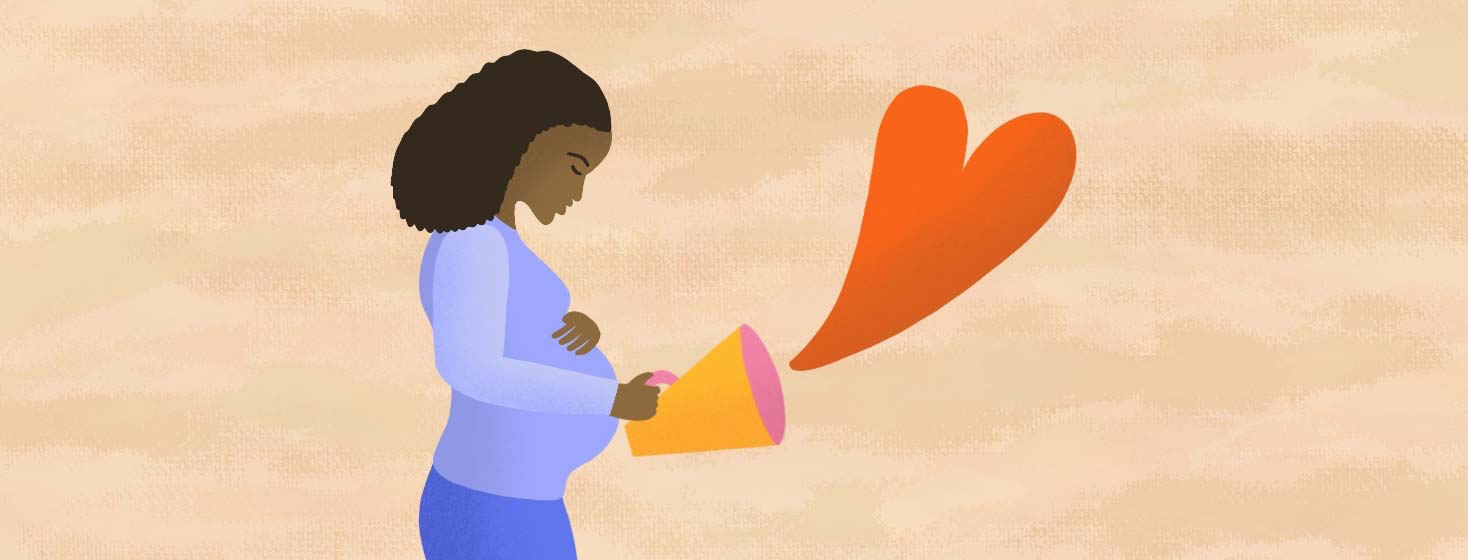My Warrior Daughter Led Me to Advocacy
My journey as a sickle cell advocate started 13 years ago, after my husband and I visited the obstetrics and gynecology (OBGYN) specialist. During the visit, to my surprise, she asked to test us both. Then at my next appointment, we found out we both were carriers of the sickle cell trait.
I remember lying on the cold bed beside the ultrasound screen and looking at Baby A and Baby B, who resembled 2 bouncing dots on the monitor. The ultrasound wand felt cold to the touch, and my questions for my doctor started.
What does it mean we will have a 1 in 4 chance of having a child with sickle cell trait? Then I immediately thought about the people I had encountered my entire life who had sickle cell anemia. I could only think of 1 person – a child in my neighborhood whom I had met at 7 years old.
Embracing conversations about sickle cell trait status
Learning I was a sickle cell trait carrier came out from the shadows. Honestly, I had never heard the term before. The more I inquired, it felt like something people wanted me to whisper about behind closed doors.
However, I refused to whisper. Instead, whenever I received the chance to discuss a person's sickle cell trait status, I happily welcomed the conversation.
Sickle cell advocacy helped me face my fears
When my husband and I learned about our sickle cell trait status, I felt blindsided at first. Throughout my early years in life, I prepared for the future and created the life I wanted to live. I planned and only took calculated risks. I was very cautious about everything I did, so I wasn't sure how this trait status knowledge could have slipped under my radar.
Consequently, finding out that you could potentially bring a child into the world with sickle cell disease, I felt I had lost control of the future. I was scared, but advocacy helped me face my fears.
Advocacy is a gift that helps me cope as a caregiver
On the other hand, advocacy gave me the power I needed to feel like I could play a part in re-writing history. And take the present moment, future, and hopes into my own hands. Advocacy feels like a gift I can present my daughter with and let her know that I've done everything to better her life as a sickle cell patient.
Advocacy is empowering, but I can't say I chose advocacy. Instead, I think advocacy chose me, and I accepted the challenge. My first action plan was to talk to my immediate and extended family members.
Initially, I asked which family members were trait carriers. None of my 4 older sisters carry the sickle cell trait, just me. Then the conversation moved outside of my family to my best friends. Most of them weren't married, but I wanted them to know that they should inquire about their partner's genotype before they married or had children.
Advocacy is a natural part of my daily life
Genotype became a new word added to my favorite conversation starters. Once my newborn daughter's genotype was confirmed, I knew advocacy would become a natural part of my daily life. Once I had educated my family and friends, I took my message to my blog and social media. Then beyond to different people I encountered.
My goal is to help erase the stigma about the disease and sickle cell trait. I also hope to make it a normal dinner table topic that informs people.

Join the conversation